Building Supply Chains Where Smallholder Farmers Thrive
Stanford Social Innovation Review
OCTOBER 17, 2022
As the United Nations highlights, eradicating poverty is the greatest global challenge and an absolute requirement for sustainable development. To achieve this, more businesses need to join with the government and civil society to actively confront inequality, poverty, and climate change together. A Tyranny of Tradeoffs.


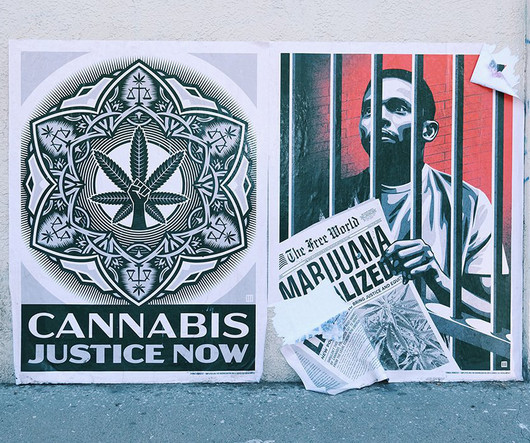


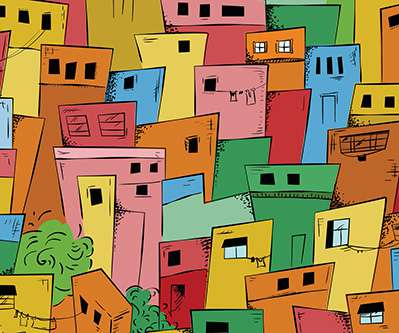
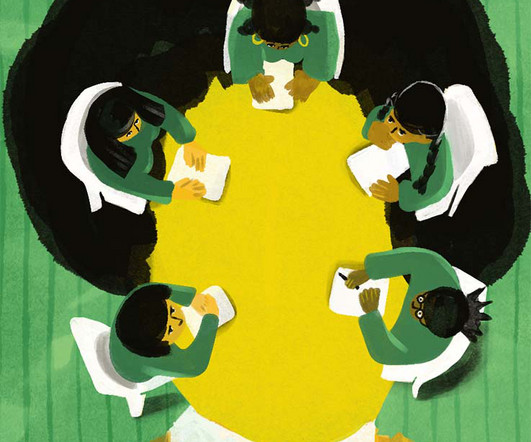

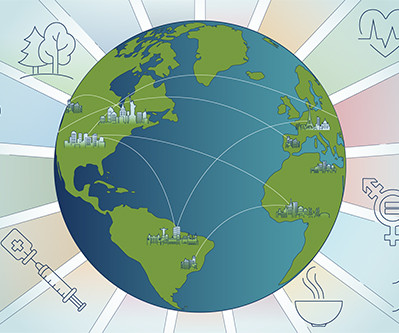




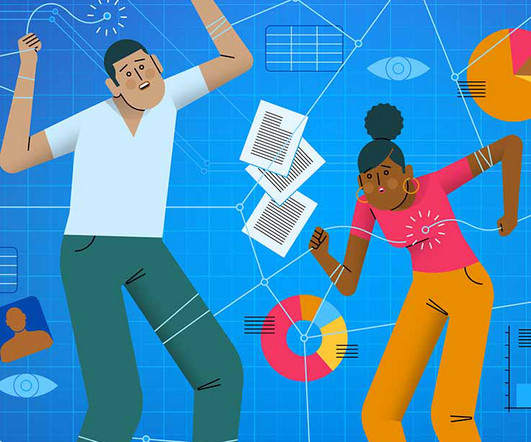







Let's personalize your content